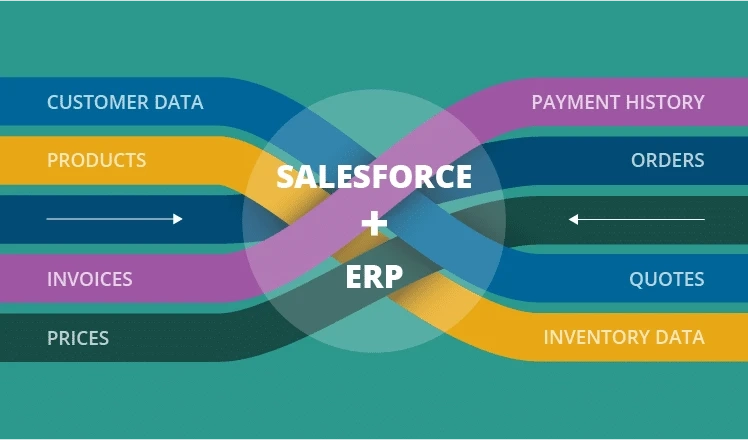Enterprise Resource Planning (ERP) is a software employed by organizations to integrate multiple business functions into one system. It includes various activities, like accounting, human resources, project management, sales, inventory and order management, and compliance.
An ERP system uses a shared database that permits employees from across a business to work out the identical information — a ‘single source of truth’. With everyone’s data within the same place, companies can use an ERP to streamline processes and data across the complete business.
An ERP is different from a customer relationship management (CRM) system, like Salesforce’s Customer 360. But you'll be able to integrate them to figure together. Salesforce cpq course is a software tool that refers to configure, price, and quote that offers companies to quote quick and accurate orders. Learn Salesforce CPQ in real-time sessions with ITGuru experts along with practicals.
This guide outlines the advantages of using an ERP system, the difference between an ERP and CRM, and why you must consider integration.
Benefits of using an ERP system
There are many benefits of using an ERP system for businesses. Having one unified place for all data can reduce silos and improve efficiency across an enterprise.
Some of the most advantages of using an ERP include:
Enhanced Collaboration
Collaboration is simplified when all data is shared, and employees can easily see and share information on contracts, and requisitions, and get orders. When everyone within the business is connected to the identical information, collaboration comes much more easily.
Improved business insight
Real-time information allows everyone in a company to possess an up-to-date view of knowledge, which might improve decision-making across all areas of a business. With an ERP, most are observing the identical information simultaneously, and there's no risk of specific departments observing outdated documents.
Better financial compliance
The financial controls with an ERP reduce any margin for error. Increased data integrity means users will always be working with up-to-date information, which also reduces the possibility that something is going to be missed, and may improve financial compliance.
To Get more information about the salesforce course check out this YouTube link:-https://youtu.be/RQeQEKkH-w4


